
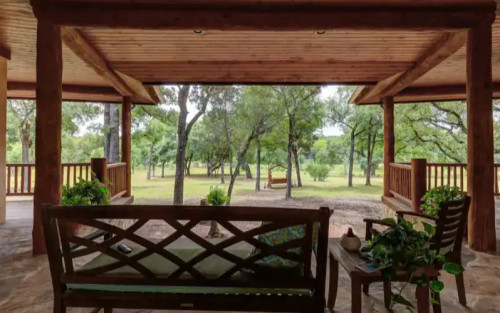


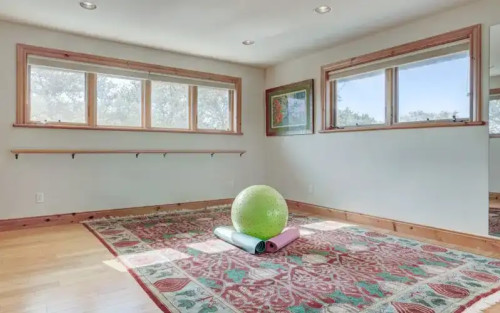




Paradigm Treatment - Austin Teen Program
Verified Center
This provider's information has been quality-checked by Recovery.com's Research Team for accuracy and completeness, including center verification through appropriate third-party organizations.
Treatment Focus
This center treats mental health conditions and co-occurring substance use. You receive collaborative, individualized treatment that addresses both issues for whole-person healing.
Primary Level of Care
Offering intensive care with 24/7 monitoring, residential treatment is typically 30 days and can cover multiple levels of care. Length can range from 14 to 90 days typically.
Treatment Focus
This center treats mental health conditions and co-occurring substance use. You receive collaborative, individualized treatment that addresses both issues for whole-person healing.
Primary Level of Care
Offering intensive care with 24/7 monitoring, residential treatment is typically 30 days and can cover multiple levels of care. Length can range from 14 to 90 days typically.
Provider's Policy
We can begin the insurance verification process immediately. Please complete the insurance verification form. We typically respond within 24 hours. We work extensively with out-of-network benefits. Our Northern California locations also take Kaiser. We don't take Medicare or Medicaid right now.
Paradigm Treatment - Austin Teen Program
Paradigm Treatment - Austin Teen Program
About Paradigm Treatment - Austin Teen Program
Paradigm Treatment empowers teens to treat the root causes of mental health and behavioral concerns, allowing them to not just cope, but heal. Intensive individual and group therapy forms the heart of their approach, with every treatment plan thoughtfully personalized using a thorough intake assessment that ensures each teen receives the care and support they need to thrive.
Discover a Path to True Emotional Balance
At Paradigm, teens gain access to a full spectrum of evidence-based and holistic therapies that go beyond standard treatment. Cognitive behavioral therapy (CBT), dialectical behavior therapy (DBT), nutrition counseling, and creative outlets like art and dance work together to nurture every aspect of a teen’s well-being. With 4 individual therapy sessions each week, daily group therapy, family therapy, and expert psychiatric care, they receive an exceptional level of support that fosters meaningful and lasting recovery.
Embrace Recovery in a Nurturing, Restorative Setting
The facility is thoughtfully designed to provide a restorative experience, featuring private rooms that give teens a safe and comfortable place to recharge. Welcoming community spaces encourage connection and relaxation, with engaging options like a fitness center, basketball court, art studio, recreation room, and greenhouse. To further support overall well-being, teens enjoy chef-prepared, nutritious meals that fuel the whole person.
Sustain Healing with Continued Support
Paradigm understands that lasting success comes from continued connection and support. After completing the program, teens can stay engaged through virtual alumni programs and regular check-in meetings. This ongoing encouragement empowers teens to stay focused on their goals, build resilience, and form meaningful, lifelong relationships that support their recovery journey.

Highlights from the Center
Highlights
These highlights are provided by and paid for by the center.
Equine Therapy
Pool
Adolescents
4+ Individual Sessions a Week
Center Overview
Treatment Focus
This center treats mental health conditions and co-occurring substance use. You receive collaborative, individualized treatment that addresses both issues for whole-person healing.
Joint Commission Accredited
The Joint Commission accreditation is a voluntary, objective process that evaluates and accredits healthcare organizations (like treatment centers) based on performance standards designed to improve quality and safety for patients. To be accredited means the treatment center has been found to meet the Commission's standards for quality and safety in patient care.

Paradigm Treatment - Austin Teen Program
Insurance Accepted
Cash Pay Rates
Estimated Cash Pay Rate
Center pricing can vary based on program and length of stay. Contact the center for more information. Recovery.com strives for price transparency so you can make an informed decision.
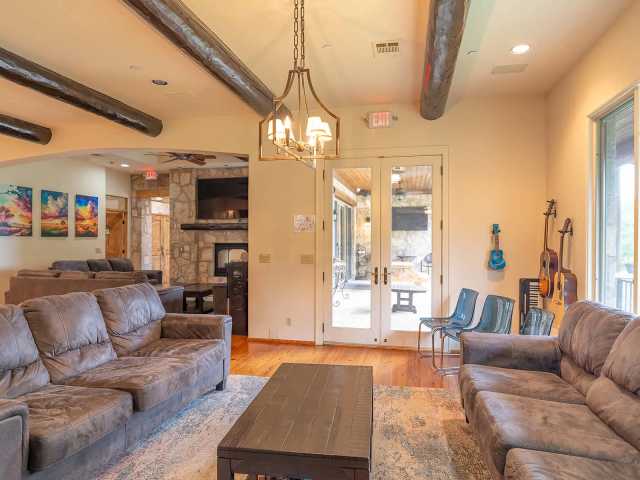
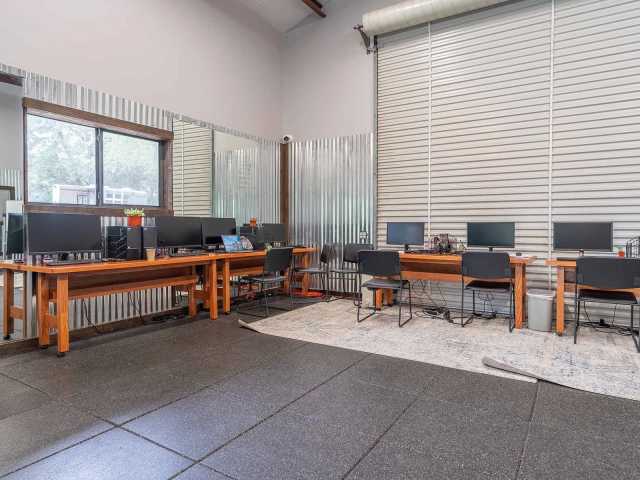


More Paradigm Locations
Recovery.com Verified Listing
Recovery.com verified that the name, location, contact information and license to operate for this treatment provider are valid and up-to-date.

Joint Commission Accredited

Licensed by Texas HHS
Recovery.com is an independent, third-party mental health resource. Verification does not imply endorsement and does not guarantee the quality of treatment services.
Meet Your Care Team

Jeffery Edmonds
Program Administrator
LCCA

Jennifer Schaefer
Psychiatrist
M.D.

Irina A. Garcia
Lead Therapist
M.S., LPC

Veronica Vargas
Clinical Director
LCSW
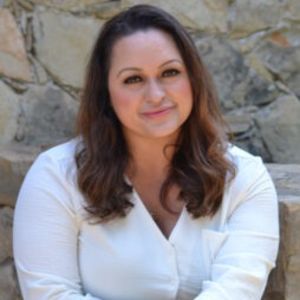
Crystal Sepulveda
Program Director
L.C.C.A., E.M.B.A.

Glory Cassagnol
Therapist
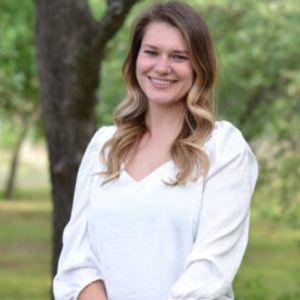
Ashleigh Burglund
Lead Clinical Assistant

Kyle Hayes
Education Coordinator
Your Care Options
Specializations
Adolescents
Teens receive the treatment they need for mental health disorders and addiction, with the added support of educational and vocational services.
Anxiety
Anxiety is a common mental health condition that can include excessive worry, panic attacks, physical tension, and increased blood pressure.
Co-Occurring Disorders
A person with multiple mental health diagnoses, such as addiction and depression, has co-occurring disorders also called dual diagnosis.
Depression
Symptoms of depression may include fatigue, a sense of numbness, and loss of interest in activities. This condition can range from mild to severe.
Family Therapy
Family therapy addresses group dynamics within a family system, with a focus on improving communication and interrupting unhealthy relationship patterns.
Who We Treat
Adolescents
Teens receive the treatment they need for mental health disorders and addiction, with the added support of educational and vocational services.
LGBTQ+
Addiction and mental illnesses in the LGBTQ+ community must be treated with an affirming, safe, and relevant approach, which many centers provide.
Treatment Services
Licensed Primary Mental Health
Some primary care providers offer mental health diagnosis and treatment. This can prevent patients from developing more serious conditions.
Residential
In a residential rehab program, patients live onsite, with access to daily treatment and 24-hour care. An average stay is 30-90 days.
Approaches
Evidence-Based
A combination of scientifically rooted therapies and treatments make up evidence-based care, defined by their measured and proven results.
Experiential
Expressive tools and therapies help patients process past situations, learn more about themselves, and find healing through action.
Family Involvement
Providers involve family in the treatment of their loved one through family therapy, visits, or both–because addiction is a family disease.
Non 12 Step
Non-12-Step philosophies veer from the spiritual focus of the 12-Steps and instead treat the disease of addiction with holistic or secular modalities.
Therapies
1-on-1 Counseling
Patient and therapist meet 1-on-1 to work through difficult emotions and behavioral challenges in a personal, private setting.
Meditation & Mindfulness
A practiced state of mind that brings patients to the present. It allows them to become fully aware of themselves, their feelings, and the present moment.
Art Therapy
Visual art invites patients to examine the emotions within their work, focusing on the process of creativity and its gentle therapeutic power.
Experiential Therapy
With this approach, patients heal by doing. Therapists help patients process difficult emotions to speak, using guided activities like art or dance.
Eye Movement Therapy (EMDR)
Lateral, guided eye movements help reduce the emotional reactions of retelling and reprocessing trauma, allowing intense feelings to dissipate.
Family Therapy
Family therapy addresses group dynamics within a family system, with a focus on improving communication and interrupting unhealthy relationship patterns.
Life Skills
Teaching life skills like cooking, cleaning, clear communication, and even basic math provides a strong foundation for continued recovery.
Music Therapy
Singing, performing, and even listening to music can be therapeutic. Music therapy sessions are facilitated by certified counselors.
Conditions We Treat
Schizophrenia
Schizophrenia is a serious mental health condition that causes hallucinations, delusions, and disordered thinking.
Personality Disorders
Personality disorders destabilize the way a person thinks, feels, and behaves. If untreated, they can undermine relationships and lead to severe distress.
ADHD, ADD
ADHD is a common mental health condition caused by dopamine imbalance. Common symptoms include inattention, hyperactivitiy, and impulsivity.
Anger
Although anger itself isn't a disorder, it can get out of hand. If this feeling interferes with your relationships and daily functioning, treatment can help.
Anxiety
Anxiety is a common mental health condition that can include excessive worry, panic attacks, physical tension, and increased blood pressure.
Codependency
Codependency is a pattern of emotional dependence and controlling behavior. It's most common among people with addicted loved ones.
Depression
Symptoms of depression may include fatigue, a sense of numbness, and loss of interest in activities. This condition can range from mild to severe.
Gaming
Compulsive gaming is most often a problem for children and teens. The disorder can affect physical health, sleep, and the ability to focus at school.
Internet Addiction
Internet addiction is common among children teens. This compulsive disorder can damage relationships, school performance, sleep habits, and physical health.
Substances We Treat
Co-Occurring Disorders
A person with multiple mental health diagnoses, such as addiction and depression, has co-occurring disorders also called dual diagnosis.
Drug Addiction
Drug addiction is the excessive and repetitive use of substances, despite harmful consequences to a person's life, health, and relationships.
Prescription Drugs
It's possible to abuse any drug, even prescribed ones. If you crave a medication, or regularly take it more than directed, you may have an addiction.
Languages
Aftercare
Care Designed for Your Needs
Personal Amenities
Amenities
Special Considerations
Activities
Yoga
Yoga is both a physical and spiritual practice. It includes a flow of movement, breathing techniques, and meditation.
Off-Site Activities

Learn More About the Center
Understand How Residential Care Can Help Your Teen
Learn why immersive, around-the-clock care can be the turning point in your teen’s journey.
Recognize The Signs of Social Burnout
Discover how to thrive in social situations without burnout.
Spot The Warning Signs of Mental Health Recovery
Explore common teen mental health challenges and learn when professional support is essential.
Gain Clarity on What Neurodivergence Looks Like
Know the subtle behaviors and traits that reveal unique neurodivergent strengths and needs.
What people are saying
Treatment
4.5
Accommodations
5.0
Food & Nutrition
4.0
Value
4.5
Lindsey D
Treatment in 2023 • (30 days) • Reviewed 06/05/23
Loved One of a Former Client
•Sugar Land, Texas





